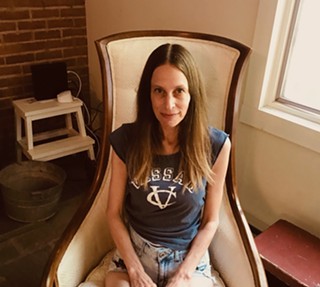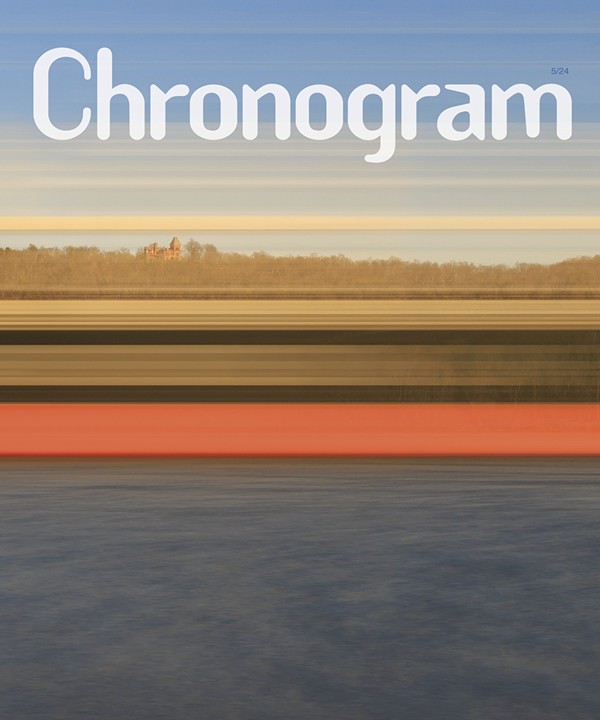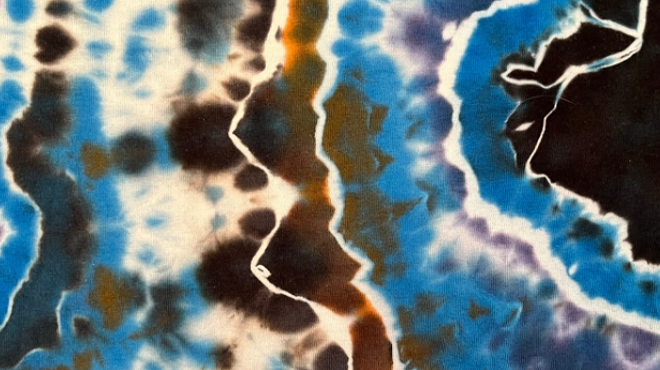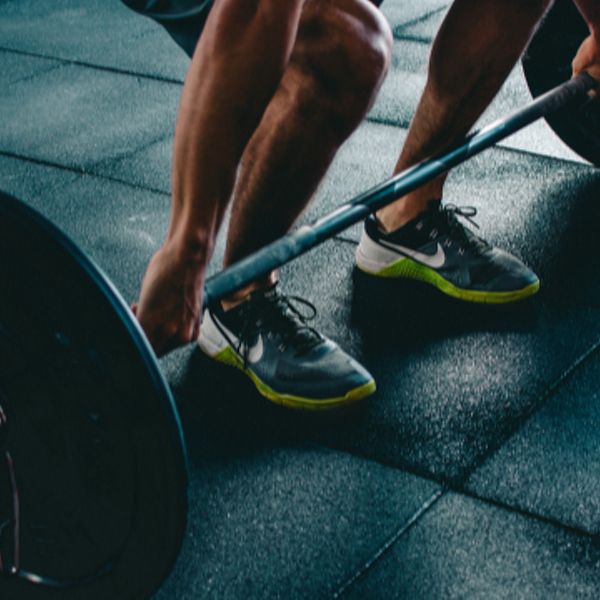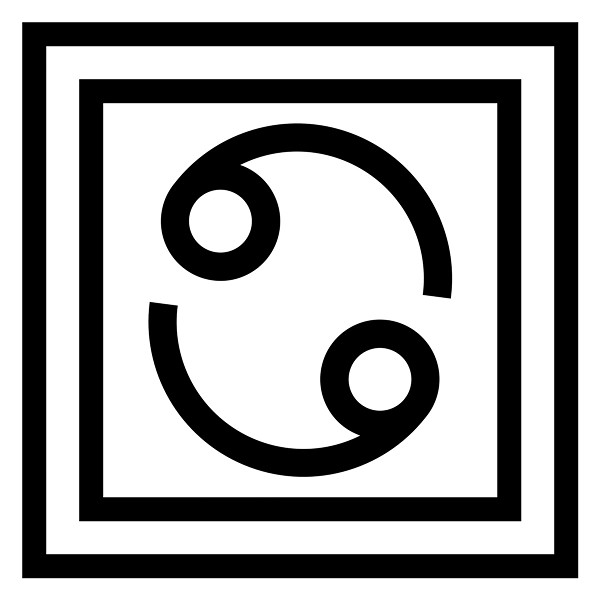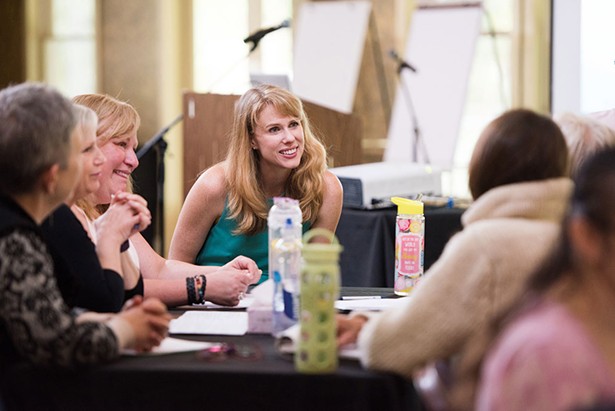
What was your "aha moment" about radical remission?
Kelly Turner: Originally, I was planning on being a counselor for cancer patients; my master's degree was in psychotherapy. Then I came across Shin Terayama's story, which was the first case I'd heard of radical remission. This man had been sent home on hospice with Stage IV kidney cancer after trying everything [Western medicine had to offer], but he was alive 25 years later. I was just floored. I thought, if that is humanly possible, then we need to figure out how he did that. Later that night, I did more research on PubMed [a search engine for medical research], and I saw that there were over 1,200 of these cases published in peer-reviewed journals.
The first case of radical remission was reported in the 1890s, in a British medical journal. These cases have been reported literally since the beginning of medical journalism. And no one has touched them, because they're afraid of raising false hope. Yet what's worse than raising false hope is practicing bad science. And it is bad science to ignore outliers. I've met oncologists who say, "Yeah, I've been in practice for 40 years and I've seen four or five of these cases." A proper researcher is scientifically obligated to investigate anomalies and try to figure out why they're in the model, and then revise the hypothesis based on the presence of these outliers. That's just Research 101.
What were you up against to get your research taken seriously?
A case report like Shin Teramaya's is considered valid scientific evidence because it's been fact-checked, it's been proven. But it's still what is called an "n of one," or a sample size of one. In clinical studies, that's the part that's not persuasive. You think, "Oh, this is just one person, this wasn't a trial with 500 or 1,000 people." Where I did things differently is I looked at [the spontaneous-remission cases] as a group, as a whole. I took these seemingly random, one-off events, and stepped back and said, "They all have cancer, and they all healed after their doctors said they were going to die. Do they have anything in common if I research them in-depth?" And they did. That was something no one had done before. No one had tried to look at all of these case reports as a group and ask them research questions through that lens.
In your interviews with survivors, you found nine factors they all shared. What were they?
Initially in my research, I found 75 factors, or things people did, that may have hypothetically played a role in their healing. These included physical, emotional, and spiritual factors. Yet when I looked at the frequency of those factors, I saw that nine of them kept coming up over and over again in almost every interview. These nine key factors in radical remission are: radically changing your diet; taking control of your health; following your intuition; using herbs and supplements; releasing suppressed emotions; increasing positive emotions; embracing social support; deepening your spiritual connection; and having strong reasons for living.
I want to add that [my research partners and I] are not against chemo, surgery, or radiation at all. We're not against Western medicine. We just study people who heal without it, because those people represent a very special control group, scientifically. Rather than a prescription, this is a research report on the specific things these people did to heal their cancer. Will it work for anyone else but them? We don't know yet. We just know that these nine factors worked for this group.
We've heard a lot of this advice before. What's new about these nine factors?
True, these things are not brand new; people have been doing them for a long time. What's even more interesting is that randomized clinical trials have been conducted on all nine of these factors. It's been shown that they are safe and have been scientifically proven by other scientists, not by me, to improve your immune system. But the people I studied are doing all nine of these factors, not just one or two, and they're doing them wholeheartedly. It's not, "Okay, I'll start eating a few more vegetables each day." These are major overhauls of diet, or of the anger, resentment, and stress they hold in their lives—life-transforming changes in each of these nine areas. So, that's one thing that makes radical remission a little different.
The other thing that I noticed is that they're not necessarily doing all nine factors at exactly the same time. They might spend a few months focusing on diet and a little less on their emotional/spiritual life, and then once they get into the routine of the new diet, they have more time to focus on their emotional and spiritual wellbeing. Also, they all had strong reasons for living and a willingness to make changes. It's not a sense of, "Oh, poor me, I have to change all of these things." They actually had this personality trait where they were excited to make changes because they felt it was something they could do, something they had control over.
Yet making 180-degree lifestyle changes isn't always easy, is it?
No, it isn't. For example, there's John, who was originally diagnosed with early-stage prostate cancer and had prostate surgery and all the traditional treatments. After doing all of that, including hormone-deprivation therapy, a few years later the cancer came back. At that point, it's called Stage IV; the cancer was floating around in his bloodstream and lymph nodes. That's when he went to the library to look for a book on how to prepare for death. But he couldn't find one. And he just happened to walk by a book about how to beat cancer with nutrition. So, he thought, "Maybe I'll take a look at this instead."
He radically changed his diet, and he misses his steak and wine so much! But he goes in for blood tests every two or three months, and when he slips in his diet he can see his PSA go up. PSA is the prostate-specific antigen; it's a blood marker that indicates prostate cancer cells in your body. As it rises, it means cancer cells are growing, and as it goes down it means they are decreasing. He may not love the diet, but he loves life more. John is in his 60s now, and he's a big hiker. He sends me pictures from the top of these crazy mountains. I emailed him back the other day and said, "You're in better shape than I am; this is making me look bad!"
Spontaneous healing is not a solo endeavor. What can you tell us about social support, which is factor No. 7 in your book?
Social support is the love that you receive from your friends and family. There is a rich history of scientific research on it, and it's one of these things that continues to baffle social scientists because it's stronger than almost anything. It is protective to your health even when you are a smoker who's overweight and doesn't exercise and drinks a lot of alcohol. If you have an abundantly strong social support network, if you feel that you have the most amazing friends and family, while that perception won't completely protect you from having a heart attack or cancer, it will be very protective of your health overall. They've done studies asking cancer patients, "How strong is your social support on a scale of 1 to 10?" And they've found that if you perceive you don't have a lot of friends and family, say you self-report a score of 2, you're actually twice as likely to die as someone who reports a score of 8.
In my book, I tell the story of Kathryn, who was a single woman, divorced, in her 60s, and living alone when she was diagnosed with very advanced liver cancer. She had a low salary from her job as an adjunct professor and didn't have medical insurance. So, she thinks, "Okay, this is it. I'm clearly going to die from this." Yet this small church community that she had been a part of came out of the woodwork for her. They arranged meals and rides, and they did a fundraiser to pay for the alternative treatments that she intuitively wanted to have. She was just blown away, and she believes that the grace of others is the reason she's alive today. One gift of her cancer is that she realized she was loved—not because she was a good friend or a good church member, but just because she was a human who was sick. I think it's a wonderful lesson, especially in these current sociopolitical times, of loving your neighbor and giving them support just because they need it.
You talk about not wanting to give false hope. But there's a lot to be said for just plain hope.
I agree that there's false hope and then there's real hope. It would be giving people false hope to say, "Do these nine things and you'll beat your cancer." At the moment, we don't have the research to back that up—though we are currently working on getting funding for a clinical trial, which is our next step. Yet what gives people real hope is that these radical remission survivors exist in the thousands. I'll get anywhere from three to five new cases a week submitted to our website. That's three to five more reasons to believe that even the grimmest diagnosis can be overcome. I get a lot of emails from people who say, "Thank you for the hope. Thank you for allowing me to believe that if Shin or John or Kathryn can beat the diagnosis that I was just given, then maybe I can do it, too." That's one happy, unforeseen benefit of my work. Because to give people hope, especially in the face of fear—that's a beautiful thing.
Kelly Turner is leading the workshop "Radical Remission: 9 Healing Factors to Change Your Life" at the Omega Institute in Rhinebeck, September 21–23.







